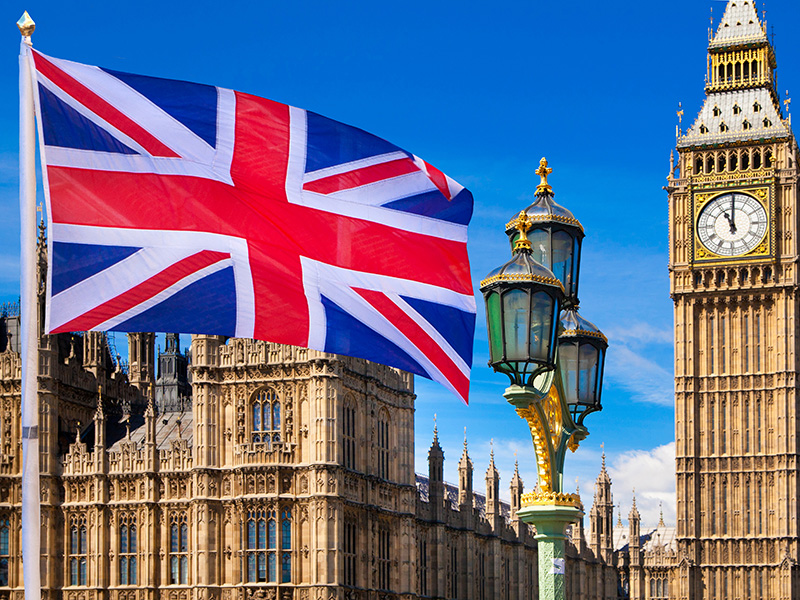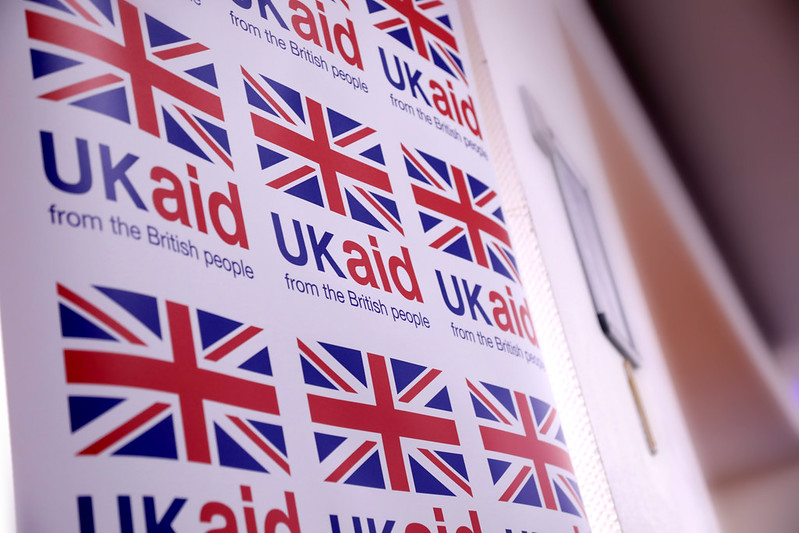Recommended
A couple of weeks ago, the UK’s Minister for International Development, Andrew Mitchell, presented the first new White Paper on International Development for almost fifteen years to Parliament. Its release has prompted much comment: measured praise from some quarters, measured scepticism from others. My own opinion leans towards measured praise. But so far, none of the reactions to the White Paper have offered a satisfactory account of what it exists for at all. In what follows I don’t attempt to assess the content of the White Paper, or rate its ambition, but rather to point out that its primary practical value—specifically, its value in influencing internal policy debates within the UK government—has so far been overlooked, and may be meaningful.
In the UK system, white papers can serve two purposes: they may set out the direction and intention of government policy, or they may introduce proposals for future legislation. Since this White Paper signals no legislative intent (and does not commit the government to additional spending), it functions purely to signal policy intent.
Yet it’s hard to think of a less promising time for a government to signal a long term shift in its policy on international development. A general election is approaching; it could take place as soon as 6 months, and no later than a just over a year from now. All the polls suggest that the election, whenever held, will result in a change of government; with all that the exact majority achieved the only thing that remains to be contested. This is not to say that the current government should attempt nothing as challenging elections loom, but launching a long-term vision at such a juncture is at the least, a little unusual. What’s more, two days after the White Paper was published, the autumn budget confirmed that the aid budget would not return to its previous benchmark of 0.7 percent of Gross National Income in the immediate future. And the Foreign, Commonwealth and Development Office, which wrote the White Paper, is only just emerging from a nightmarish few years in which its development functions were scattered, its programming decimated, and its expertise severely drained. In short, it seems as though the White Paperhas a limited shelf life, and the financial and organizational capacity to achieve the White Paper’s aims is severely limited.
In this context, the choice to devote several hundred hours of civil servant time and much attention from the Minister and Foreign Secretary—not to mention the many stakeholders who provided evidence and expertise to the drafting team—was not exactly brave (in the Sir Humphrey meaning of the phrase), but perplexing. The White Paper makes a number of clear policy statements. It expresses a desire to refocus UK development resources on poverty; emphasises the need for true partnerships with both developing countries and other donors; and signals increased use of British International Investment (the UK’s development finance institution) in poorer and more fragile places; as well as a return to the high standards of transparency the Department For International Development (DFID) once met.
But most of these are long-term projects that this government is unlikely to be around to implement. To the extent that this is true (and of course, it is possible that the polls and most political commentators are wrong, though few would bet serious resources on it) the White Paper does not provide foreign governments with a reliable guide to UK development policy over the next half-decade. And it will not tie the hands of a future government that will likely operate on similar, if not more pro-development grounds, in any case (though key opposition figures have responded positively to its contents). So why does it exist?
Leaving aside the impossibility of truly discerning motivations (sometimes politicians just do things because they think they’re the right thing to do, though perhaps more rarely now than they used to), the most important use for the White Paper has been almost entirely neglected in the discourse to date: to shape engagement across Whitehall. Its value is largely internal to the workings of the UK government, and more specifically as a protective shield to officials and Ministers who wish to prioritise development action. Its value for this purpose has two main sources.
First, the White Paper is an official statement of Government policy, and opens with a quote from Prime Minister Rishi Sunak (not the strongest endorsement possible, but its notable that Labour’s 1997 white paper Eliminating World Poverty, also opened only with a boilerplate quote from Tony Blair and not a full foreword). As such, the contents of the White Paper have more weight than a purely internal FCDO strategy document. This both prevented more ambitious commitments (there is a reason why the White Paper has no new spending associated with it, and was presented before the Autumn Budget), but also gives what does exist within it more teeth.
Second, the White Paper displays a much clearer prioritization of development objectives than either the International Development Strategy of Liz Truss, in which poverty reduction was an afterthought, coming in behind using international development tools to achieve far-fetched geopolitical objectives; or the 2015 UK aid strategy, which was even more nakedly cast around UK self-interest. The point here is not that development cannot achieve geopolitical objectives, nor that it cannot be self-interested or mutually beneficial. Rather, it’s that in the White Paper, any achievement of geopolitical aims and national interest objectives will need to come throughdevelopment-focused activity, rather than the approach being to select actions intended to achieve geopolitical or national interest goals, with some secondary development benefits.
This matters because many of the battles which will need to be won to improve the quality of UK aid and development policy will be between technocrats within government. The extent to which senior civil servants outside the development function were willing and enthusiastic participants in the diminution of the UK’s development policy has been underrated. While abolishing DFID was a political project, there were parts of the Foreign Office only too happy to see the development functions atomized within its set up; other departments have been capturing and (often mis-) spending the aid budget at an increasing rate since well before the destruction of DFID was even a glint in Boris Johnson’s eye. The Treasury, once a supporter of an effective and efficient independent development function, was happy to see it reduced in stature because it made it easier to use aid to fill gaps elsewhere in the budget. While the political leadership in government is now much more sympathetic to good development work than it was 18 months ago (it is notable that the Foreign Secretary, Chancellor and Minister for International Development were all vociferously opposed to the aid cuts), it’s not clear that the same is true at official level.
If we are to restore the effectiveness of UK development policy requires that (within the Foreign, Commonwealth and Development Office) those who want to use the aid budget to fund foreign policy with development as an afterthought mustlose out to those who want development to achieve clear, long-term development objectives. Other parts of government spending aid must also cleave to the long-term approach, geographic focus and transparency that the White Paper promises (or indeed, spend less aid). It requires that the Home Office’s outlay on refugees fall, and what remains to be spent be better planned. In recent years it has felt like the development experts in government have had very little power and almost nothing to bargain with in their pursuit of these outcomes. The White Paper gives them, for the first time in years, ammunition. It may be little more than a piece of paper, but that is still more than they have had to date.
If it helps win battles across Whitehall over the next few months, it will likely pay back the time taken for its preparation several times over. And, in doing so, it will make the inheritance granted to whoever does form the next government less bad—though they will still have much work to do in reforming the institutions, policy choices and resourcing they will begin with.
Thanks to Ian Mitchell for helpful comments. Errors, omissions and the like remain the authors.
Disclaimer
CGD blog posts reflect the views of the authors, drawing on prior research and experience in their areas of expertise. CGD is a nonpartisan, independent organization and does not take institutional positions.
Image credit for social media/web: Adobe Stock images








